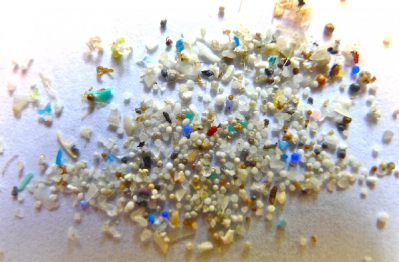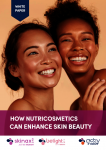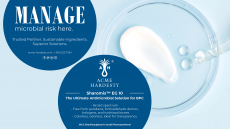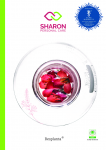New research points to impact of microplastics on oyster farming
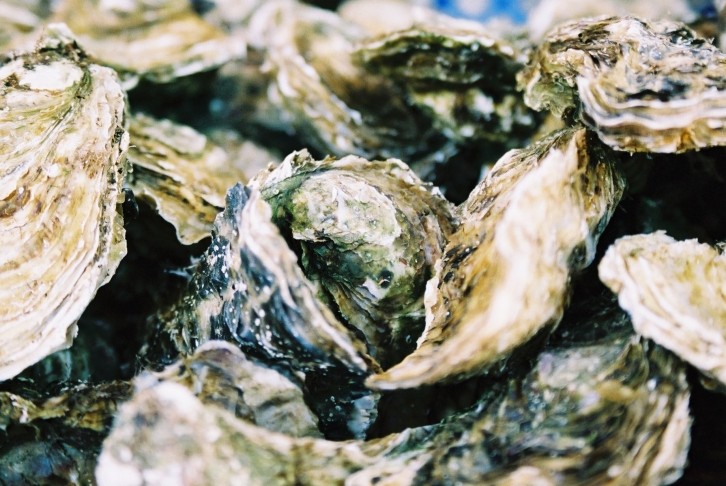
According to the latest study on microplastics, the tiny plastic balls most often used in body and facial scrubs are adversely affecting the farming of Pacific oysters.
The research builds on a body of evidence that shows marine life throughout the Americas, and indeed the world, is being polluted by microplastics, with traces of the plastics being found in a wide variety of species, from fish to polar bears.
The latest study, published in the Proceedings of the National Academy of Science, shows how microplastics are affecting the reproductivity of Pacific oysters, potentially undermining an important industry and food source.
Lower reproduction levels and development
The authors of the study, a group of 16 scientists from environmental and marine educational institutes worldwide, compared research to establish that microplastics are impacting all aspects of Pacific oyster reproduction, from the movement of sperm to the development of offspring.
The research was conducted in a laboratory setting using Pacific oysters, which is a species native to the Asian Pacific coastal regions, but now cultivated worldwide.
The researchers initially discovered that these oysters had a higher rate of consuming larger sized microplastics, probably because they are of similar size to their primary food source, plankton.
Interference with oysters' digestive system
The most emphatic impact of this was on the oysters’ reproduction capabilities, with exposed oysters having approximately 41% fewer larvae, while this offspring also grew at a slower rate.
The researchers believe that this happened primarily because the microplastics interfered with the oysters’ digestive system, probably impacting their nutritional uptake.
Likewise, the scientists have also theorized that the microplastics have impacted the oysters’ endocrine systems, which would also explain the impact on reproduction rates and the number of larvae.
Legislation to the rescue?
The growing body of evidence concerning microplastics has led lawmakers in North America to be amongst the most proactive in the world in the fight to ban all microplastics and the search for environmentally-friendly alternatives.
Perhaps one of the biggest moves has been that of the US Federal government, which voted to pass a microbead ban back in December of last year.
The Microbead-Free Waters Act of 2015 will establish a date after which microbeads cannot be manufactured and January 1st, 2018, as the date after which products formulated with microbeads cannot be sold in the States.


